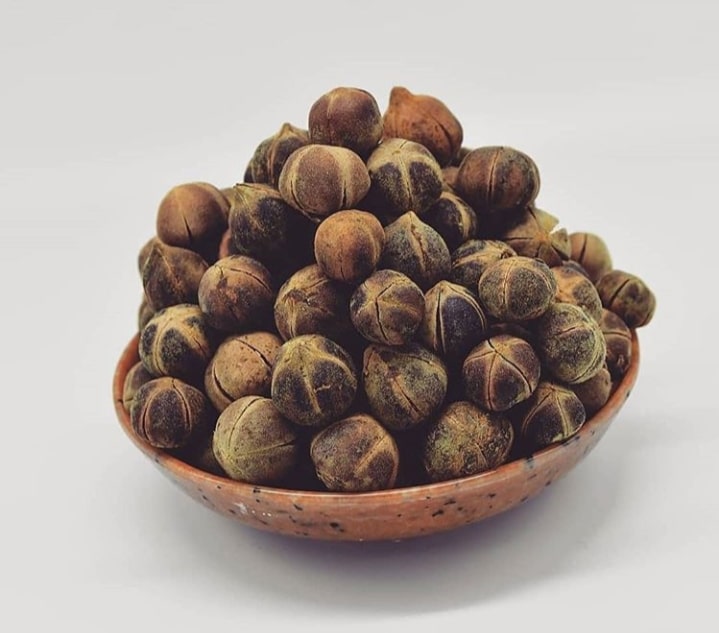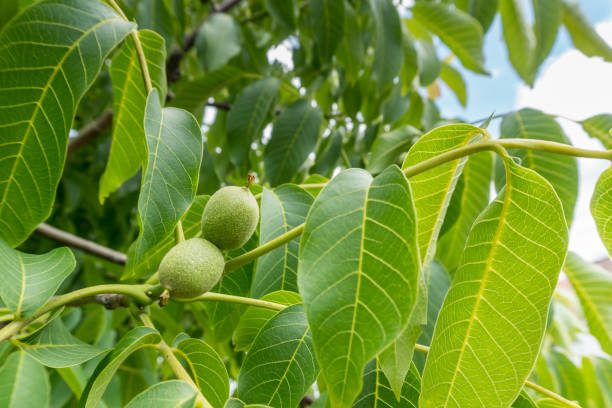The mango peel is a fibrous layer that surrounds the fruit. They are also known as the skin of mango fruit and are often discarded by people. However, including them in your diet is a good idea as they have several health benefits.
Many African and Asian cultures eat the mango fruit together with the peel. The peels are edible and contain many nutrients and phytochemicals that are beneficial for health.
Mango peels are a rich source of dietary fiber, vitamins, and minerals, including phytochemicals such as polyphenols, tannins, and carotenoids.
In addition, mango peels contain antioxidants such as mangiferin, norathyriol, and resveratrol.
In this article, we will explore some of the fantastic health benefits of mango peels.
8 Health Benefits of Mango Peels

Below are some of the potential medical benefits that are associated with mango peels.
1. Antioxidant properties
Mango peels are rich in polyphenols, natural antioxidants that help fight against free radicals and prevent cell damage.
For example, a study published in Reserachgate.net found that mango peel extract has potent antioxidant properties due to its high concentration of polyphenols, which help fight oxidative stress that leads to chronic diseases like cancer and diabetes.
Furthermore, antioxidants such as mangiferin, norathyriol, and resveratrol are present in mango peels. Mango peels also contain plant compounds, like triterpenes and triterpenoids, that help prevent cancer and diabetes.
2. Cholesterol-lowering effects
The pectin found in mango peel helps lower bad cholesterol (LDL) levels while increasing good cholesterol (HDL).
It is stated that consuming 100 grams of raw mango peels every day for six weeks resulted in lower LDL cholesterol (bad cholesterol) levels while increasing HDL cholesterol (good cholesterol).
It was concluded that eating raw mango peels can reduce the risk of cardiovascular disease by lowering cholesterol levels in the body.
In addition, a 2021 study found that mango peels were effective in lowering LDL cholesterol, triglyceride, urea, and creatinine levels, while high-density lipoprotein (HDL) level was increased.
3. Loaded with phytochemicals
The mango peel contains phytochemicals like polyphenols and tannins that help fight against diseases like cancer and heart disease.
Phytochemicals are chemical compounds found in plants that may have protective effects against chronic diseases such as cancer, heart disease, or diabetes.
The phytochemicals in mango peels may also help maintain healthy blood pressure levels and prevent skin damage due to aging.
4. Helps to boost immunity
The tannins in mango peels act as anti-inflammatory agents that help strengthen the immune system by fighting infections caused due to allergies or other infections.
Furthermore, they also help cleanse the body by removing toxins from it, thereby boosting its function.
5. Helps you to lose weight
Mango peels are low in calories but high in dietary fibers, which can help you feel full for longer durations, thereby curbing your appetite.
High fiber content also helps improve digestion and prevents constipation. Also, fiber helps fight colon cancer and other digestive problems.
6. Lowers the risk of diverticulitis
Diverticulitis is a digestive disease that causes inflammation of the intestines. It is also one of the most common age-related diseases.
Studies have shown that consuming foods that are packed with fiber, such as mango peel, is linked with a 40% lower risk of developing diverticulitis.
7. It is rich in vitamin C
Vitamin C is an essential nutrient that helps boost the immune system, strengthen bones and protect against oxidative stress.
This vitamin is found can be found in high amounts in mango peels.
The vitamin also plays an essential role in collagen production, which leads to better skin health.
8. Anti-inflammatory properties
Mango peels contain phenolic compounds such as gallic acid and ellagic acid that have anti-inflammatory properties and may protect your body against cancer compounds,
How to Consume Mango Peels
As you have seen, mango peels are usually safe to eat, and you can even eat them on their own, but the taste might be unpleasant when eaten raw.
Other alternatives are to make mango peel syrup or dehydrate the peels until they are crispy.
Conclusion
The health benefits of mango peels are numerous; they can prevent cancer, aid with weight loss, boost immunity and lower cholesterol. Mango peels can be consumed raw or dried, making them a great addition to salads and other dishes. Ensure you wash the peels with warm water and salt before consumption, as some parasites may stick to the body.
ALSO READ:
- 13 Valid Health Benefits of Cinnamon Water
- 7 Perfect Health Benefits Of Parfait
- 5 Creamy Health Benefits of Greek Yoghurt
- 6 Potential Health Benefits of Soursop Leaves
- 7 Fine Health Benefits of Apple Cider Vinegar
- 10 Grand Health Benefits of Tangerine Peel
- 7 Unique Health Benefits of Lemon Peel
- 8 Powerful Health Benefits Of Pineapple Back (Peel)
- 7 Real Health Benefits of Watermelon Back (Rind)
- 10 Amazing Health Benefits Of Bay Leaves
- 9 Delightful Health Benefits of Sugarcane Juice
Collins Nwokolo is a human physiologist, writer and health enthusiast. He loves writing helpful articles on health and fitness, which he enjoys sharing with everyone.









